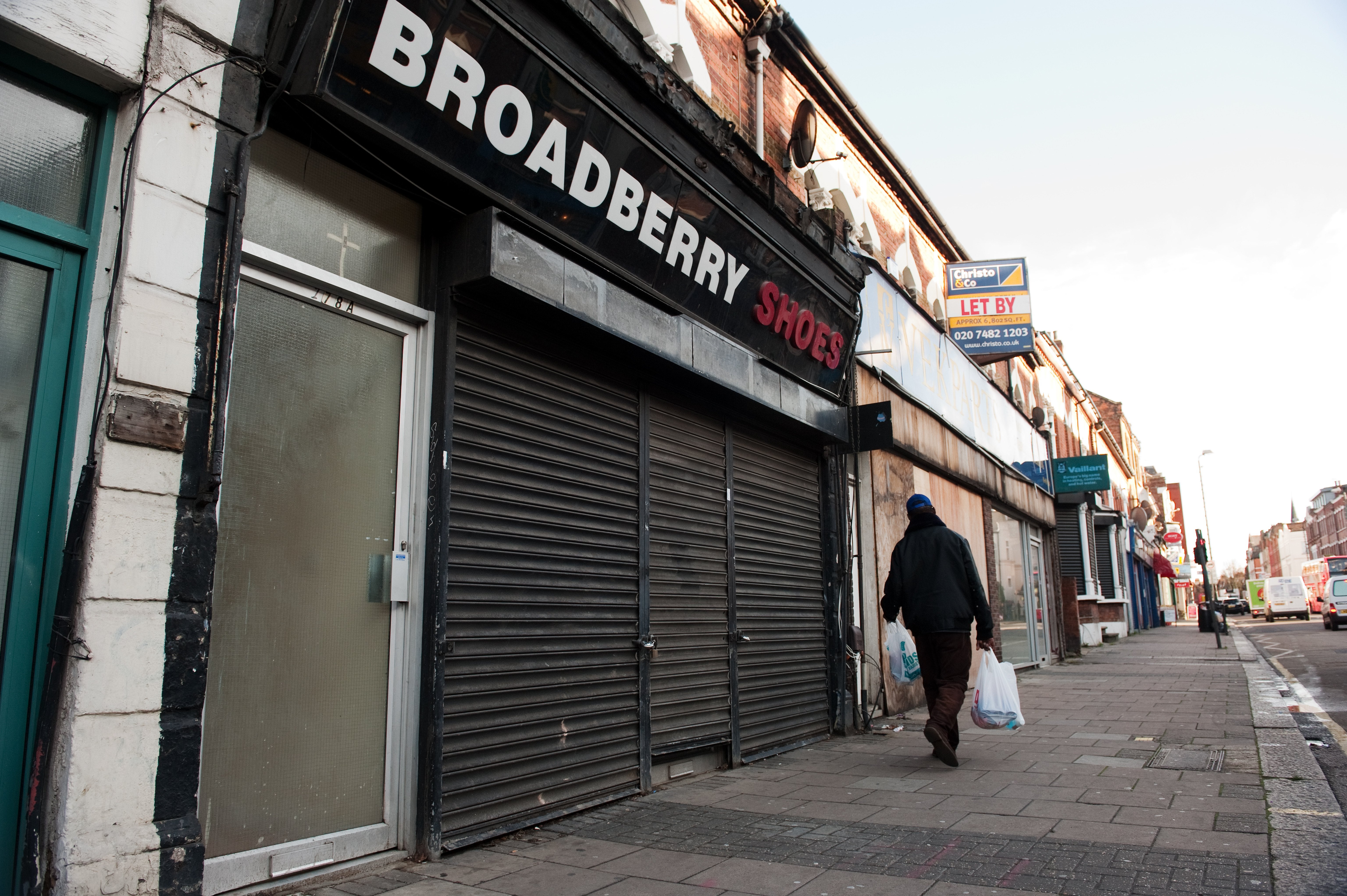Will new coronavirus restrictions lead to a double-dip recession?
Part of the difficulty in assessing what is happening is that while some damage is obvious – shuttered restaurants – much is not, writes Hamish McRae


The first wave of lockdowns led to by far the deepest recession since the 1930s. Now another wave of coronavirus restrictions is sweeping across not only the UK but much of Europe. Will they mean that there will be another leg to the recession – not a V but a W – before the recovery is sustained?
We cannot know for sure because we are only just starting to see the imposition of new measures and we don’t know how deep they will go or how long they will last. But every day that passes brings new restrictions somewhere. Paris and several other major cities are under curfew. Spain has declared a state of emergency. The Netherlands has closed all bars, restaurants and coffee shops. Italy has a string of regional restrictions… and so on.
Within the UK, Northern Ireland and Liverpool are under particularly tight curbs, and there is political pressure both for and against these measures being extended.
Step aside from the politics, where in the UK there is more heat than light, and focus on the economics, where we are not flying completely blind.
We know there was a strong recovery in the third quarter, regaining about two-thirds of the ground lost. We know there was a pause even before these latest measures. We can be pretty sure, though we can’t know for certain because we have only just begun it, that the fourth quarter will be flat. There will probably be a bit of growth but not much. As a broad brush judgement, it feels as though these lockdowns across Europe will postpone the recovery by three months.
The trouble with such judgements, even if they prove to be right, us that they ignore the detailed impact. For some people a delay to the recovery matters not at all. They can go on working from home and hold down their commuting and other costs. For some businesses the delay actually helps. It bolts down the habit of shopping online, strengthening the position of Amazon or Ocado vis-a-vis their old-style competitors. Germany is now Amazon’s second latest market , behind the US and ahead of the UK. Ocado has overtaken Tesco as Britain’s most valuable retailer.
But for other sectors the second wave of shutdowns will be devastating. That is obvious, as anyone who chats to a local restaurant-owner will know. It is obvious, too, that city centres will be further damaged. Andy Burnham, mayor of Manchester, understands that when he resists an even tighter lockdown for his city.
Part of the difficulty is that while some damage is obvious – shuttered restaurants – much is not. You cannot see debt. You can see a deserted office block or an empty out-of-town shopping centre, but you can’t see the fact that tenants are not paying any rent or that the owners are going bust. A three-month pause in the recovery means that some businesses that would have just scrambled through won’t now make it.
Quite aside from the economic consequences of this, there is the human impact: hard-working people, often young, whose hopes and dreams have been shattered. There is age issue here. The second lockdown has much less economic impact on the old than the young.
So what should we look for?
First and most obvious there is the timescale of these new measures. If there is a turning point both in infections and consequent policy measures within two or three weeks not only will the aggregate impact be smaller but the regional and sectoral damage will be contained. If a business can see change coming then it has a reasonable case to put to lenders to help it through. This applies particularly to the hospitality sector, which has in general adapted magnificently to the challenges. If the clampdown is extended the turning point recedes.
Next, there is the government’s financial response. At a broad-brush level governments can help. The Treasury response may not have been perfect but this is not about optimal policy; it is about being good enough. The problem is that any top-down government scheme will fail to help some of the victims. We can assume that if the lockdowns intensify there will be more public money piled into the support pot. We have to hope that policy will continue to be good enough, even if the bill will be even larger than appeared likely a few weeks ago.
Finally we need to look at the human response. How will people behave through the autumn? At is most basic level, will people start spending again when controls ease? The saving ratio, which normally runs around 7 per cent of income (too low actually, given the country’s demography), shot up to 29 per cent in the second quarter. That is a lot of cash waiting to be spent, a pile that will support consumption through next year as and when we are able to spend it.
Economics always seems to be about numbers and that certainly is the way we measure what is happening. But actually if you look behind the numbers it is mostly about behaviour – our mood, our hopes and fears, our willingness to take risks, our desire to build our skills, and so on.
If you want to know how serious the double-dip is going to be, part of the answer at least will lie in how we respond to the deals coming up on Black Friday on 27 November that we reported on last week. By then let’s hope a turning point is in sight.




Join our commenting forum
Join thought-provoking conversations, follow other Independent readers and see their replies
Comments